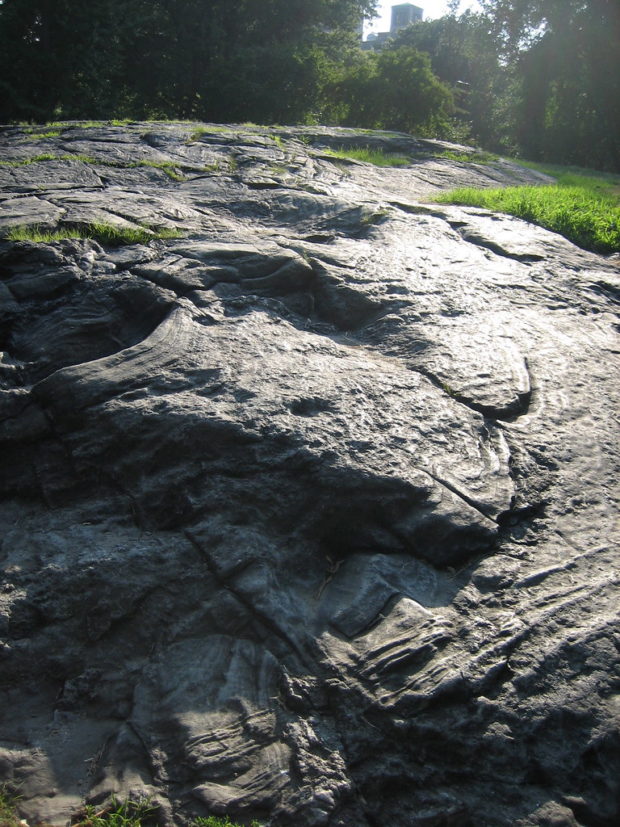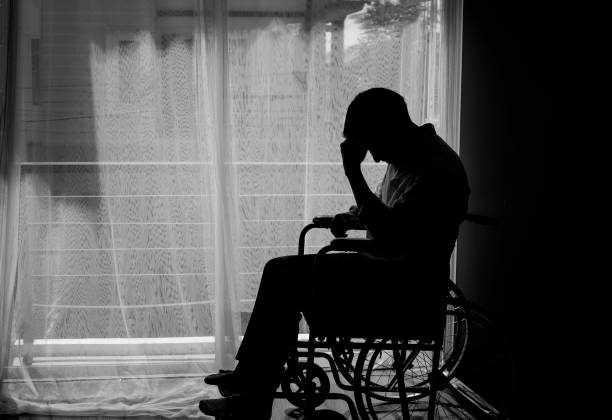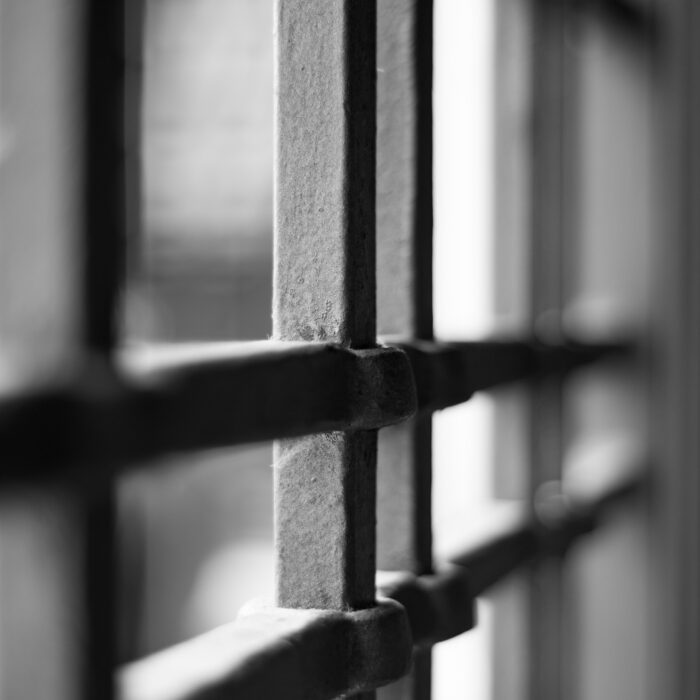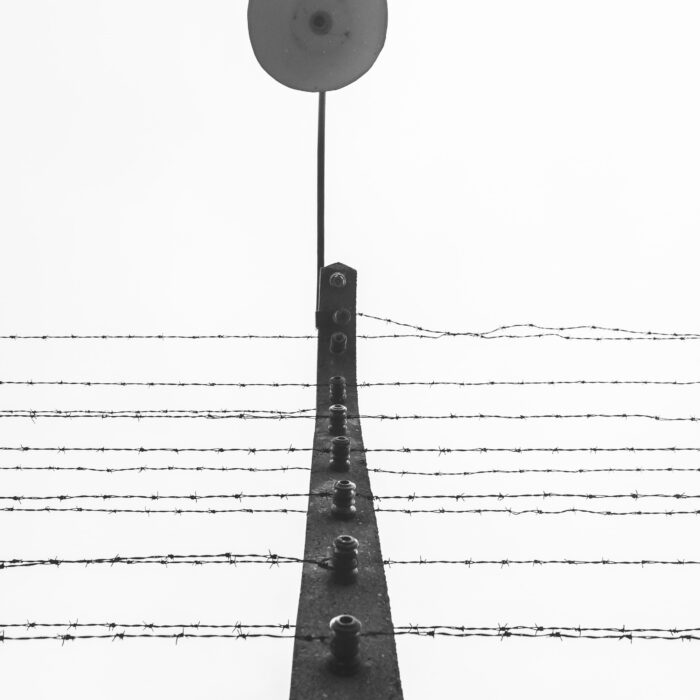You have no items in your cart. Want to get some nice things?
Go shopping
Reid drums his fingers on the photocopied sushi list as we wait for our waitress to return. I fidget with my chopsticks and deny the urge to reach across the table and take his hand.
‘You’re stressing me out. Why sushi?’ I sigh and try to laugh. Reid is deathly allergic to shellfish. “We could’ve had burgers in a pub.’
‘I survived a year here without you, Mom,’ Reid says, crinkling his nose in a mocking smile. He came to New York City on a film scholarship, but that was before Jeremy’s accident. This year is different and we both know it. Reid flips his hair out of his eyes. Lately, he wears it short in back and around the ears with a long wave sprawling over from a deep side-part. I’ve gotten used to it, except for the new streak of blue.
We’re dining in Hell’s Kitchen, a long way from Reid’s campus apartment. He wants to show me the town. I came down last year, but barely got him settled before I had to be back at work. This time, I have no deadlines. Reid is my priority.
‘I hope you have your medication with you,’ I say, although I still carry an Epi-pen around in my purse. ‘This city has roasted nuts on every corner!’
At least a dozen times in his life, I had to inject Reid with epinephrine. The kid is allergic to everything. At age eight, he ate hemp hearts (that was a new one) in my sister’s homemade granola bars. He swelled almost immediately. As a distraction, his dad waved a shiny gold C-3PO while I jabbed him in his left quad. The ride to emergency was less about his itchy hives and more about his mother’s betrayal.
‘You tricked me,’ he moaned. ‘Why did you trick me?’
‘I’m so sorry,’ I said, rubbing his back. ‘I guess you’re not a little boy anymore. Next time, I’ll tell you I have to give you a needle – but you can’t fight me, okay? You have to let me do it.’
He narrowed his eyes and glared out the window. ‘You tricked me,’ he said again as his lips swelled and cheeks puffed. I tore off his t-shirt and watched ridges of red welts grow outward from his armpits and up across his neck.
‘I won’t ever do that again,’ I promised. ‘From now on, Reid, I’ll always tell you straight.’
~
‘Dad left us,’ I was forced to say to my boys a few years later, when Steven didn’t return home from a business trip. I couldn’t explain to them why. I still don’t know. It might have been another woman. There were some signs. Or maybe it was simply the mid-life malaise that comes in some form to all of us. Whatever the reason, Steven moved to Vancouver Island, a thousand kilometers away.
Reid was in grade seven at the time. Jeremy had just started high school, and soon afterward, his drinking began. My once passionate, competitive, athletic Jeremy sank into the routine of endless weekend parties. There was always someone to pull for the underagers. There was always a couch to crash on. By December, Jeremy had quit all his sports. Through the school week, he sulked around from the basement where he played drums, to the 7-11, and back to the basement. The amount of time Jeremy spent holed up down there worried me. I had him paired with a Big Brother, a second-year university kid who played on the Dinos football team, but Jeremy refused to meet him. When I talked with his school counselor, she said it was normal at his age to experiment with alcohol, but was this in the normal range? Keep an eye on him, she’d said, but give him some space. I didn’t tell her his father had left us. I told myself it would all be okay.
A necklace of mine went missing, a gift from Steven with a gold skier charm – our first Christmas together. Steven was a great skier and had Jeremy on skis by age two. Like his dad, Jeremy was a natural athlete, and within a couple of years was flying down the mountain with no fear. We’d practically lived on the slopes in those early years of marriage. I used to wear that necklace every Christmas. I thought maybe I’d just misplaced it, but then my silver hoop earrings were gone, then a bracelet. I started watching where I kept my purse. I never caught Jeremy red-handed, but it was pretty clear what was going on. Where else would he get booze money?
I pleaded with Jeremy to stay in on the weekends. I bribed him, I threatened. The harder I tried, the more he resisted. If we fought on Friday morning, sometimes I didn’t see him again until Sunday night. And Reid, my baby, was witness to it all. He was always there watching.
~
Reid insisted that the best introduction to New York City was from a distance: making sense of the scale, orienting yourself to the boroughs, naming the rivers. From the vantage of our water taxi on the Hudson, the skyscrapers seemed to rise and fall like a great mountain range, the city arrayed around the twin peaks of Downtown and Midtown. Reid told me that the island of Manhattan has special bedrock unusually suited to the construction of very tall buildings, thus named the Manhattan Schist. Without this particular foundation, the incredible skyline wouldn’t be possible.
We’ve moved on from sushi to the patio at St. James Gate, an Irish pub. I’m drinking Manhattans, of course. ‘I’m allowed. I’m a tourist.’
Reid laughs and says that I’m ridiculous.
I take another sip and shudder again. It’s strange and special having a drink with my grownup son. He’s not even legal age, but that didn’t seem to be an issue for the waitress, and maybe that’s why Reid suggested this place. There are so many things I want to say to him. Instead, I say, ‘Second year will be half as hard as first year.’
‘Most of first year I spent looking for a decent place to live.’ Reid grins and takes a long draw on his Guinness. ‘Can’t get much worse than Crazy Llewellyn and that disgusting bathroom.’
Now I laugh, although it had been a worry last year. ‘Was that place number three or four?’ If Steven had helped out, Reid could’ve been more comfortable. I can’t do it all. New York is as expensive as they say.
A neat row of maraschino cherry stems lines my side of the table. The whiskey swirls my blood to the surface of my skin, and I can feel my cheeks tingling. It’s only been two months. If I could go back, I’d do everything differently.
~
Some of Jeremy’s friends were found wandering the 2A highway, out of their minds. They were reported when a driver nearly hit one with his Ford F250. He caught them in his high beams: shirtless, at two o’clock in the morning, some barefoot on the asphalt or fumbling in the weedy culverts.
Jeremy was missing. Police descended on that A-frame cabin on Ghost Lake, the home of the weekend-long party, their searches fanning out into the woods like deltas, tumbling down the mountainous valley.
Reid came out to the cabin with me while the police continued to search. It was still night. We drove around for hours, finally ending up in the party-cabin to wait for first light. Who were all those people? Parents of Jeremy’s friends, but I didn’t recognize a single face. That’s how far gone Jeremy was. I didn’t know any of his friends. What kind of mother was I?
Dozens of tiny glass bottles were scattered across the living room with godknowswhat inside. Rubber droppers, charred butter knives, straw-like pipettes. ‘A goddamn apothecary,’ said the police detective when he walked into the cabin. He snagged a few bottles, but otherwise let the cleanup proceed. The cabin reeked a pungent, earthy smell, and beneath that, the sour tang of bile. A policewoman opened the sliding patio doors and the crisp mountain air swept in. The other nameless mothers cleared coffee tables, as if among the dwindling crowd of a bridal shower, and soon they were chatting quietly with the comfort that their sons were safe. Certainly troubled, but not injured… Not missing.
Reid had worried about his brother all through freshman year in New York. The only reason Reid came home for the summer was to help me get Jeremy back on track. ‘I’ve barely seen him, Mom,’ Reid said earlier that day while anxiously smoothing his hand over his wave of hair, not yet blue. “Why’d I bother coming home at all?’
That endless night at the cabin, Reid washed dishes for hours, his eyes fixed on the dark window above the kitchen sink. I remember the water running, the clinking and scraping of plates, dusty with white powder, mugs still half full. I kept picking up my phone to call Steven and then putting it back in my jacket pocket. Looking back, I never should have let Reid stay.
When the pink of morning trembled at the edges of the sky, we set out in groups. Reid chose to stay back. ‘Hang in there,’ said one of the dads and clapped Reid on the shoulder as though he were Reid’s little league coach. ‘It’ll be okay.’
~
This next Manhattan is taller with a sugar rim and two cherries. There must have been a bartender shift-change. Have we been here that long?
I pound my fist on the table as if to make a point, but Reid has left his seat, and I’m only trying to prove things to myself. I don’t care if I have to support my filmmaker son the rest of his adult life. Reid was the most observant, sensitive child, compassionate to a fault – and we need people in this world devoted entirely to beauty. His animated short film in eleventh grade brought me to hiccupping tears – and landed him a spot at NYU Tisch School of the Arts.
When Reid returns, he wants to take me to the MoMA. I just want to sit here with him, endlessly, in the cool shade of this St. James patio. I’m floating in a stream and I haven’t gone sad yet. The avenue swells with September sunlight, the shadows lengthen. Slow down, slow down. Lanky university kids stroll on by, some ride long boards and wear huge headphones, blocking out the world’s noise to hear their own. There was a ballerina in Washington Square Park yesterday doing pliés and jetés beside a lamppost while her friend took photographs. What the lens must have seen: a tranquil pink leotard in frozen poise against a frenetic smear of background people.
I don’t want to move. We’ve been talking for hours, yet we still haven’t gone to that dreaded place we need to go. Maybe it’s too late in the day to begin. I’m so tired. Instead, I want Reid to tell me about every single thing in his life. His voice is unique, timbered now that he’s a man, but it had a lilting quality even when he was young, a particular way of raising his vowels: selt instead of salt, wise instead of was… Reid turned maladies into melodies. I want to curl up in that beautiful voice, the voice I’ve known through the most important part of my life, the mothering part, and float alongside him. I want Reid to tell me again about that girl in his Stop-Motion class. He mentioned her pretty name… Was it Hyacinth? I want him to tell me where he shops for groceries, to describe his film lectures. I want to listen to him explain a bridging shot, deep focus, after-image.
Reid stops talking, mid-sentence. He seems to know that the stream will not carry merrily on for much longer. He nudges me from my chair and at the first street corner, orders a pretzel with mustard. It smells heavenly, and through the checkered paper, it feels warm in my hands. Did he pay for all the drinks? Or did I give my credit card? I know I paid for the sushi. There are peanut shells scattered dangerously at the pretzel vendor’s feet.
‘Let’s walk,’ Reid says, with a swoosh of blue hair. He takes my arm, which almost brings me to sloppy tears. We crisscross streets for a long while until we pour out from the avenues into the vastness of Central Park.
~
Ghost Lake is glacier fed, ice cold in the month of July. It doesn’t have a sandy beach, only rock shards and jagged boulders. Jeremy’s body had washed up against the grey boulders at the farthest end.
I collapsed onto him. Breathless, impossible. And the next moment, inevitable. The pain branched out backward in my brain until I was cradling Jeremy on the kitchen floor, six years old, he was crying for some reason I don’t remember. Superimposed – both moments at once.
Someone pried me off of him. Covered him in a black, dusty tarp.
I sat for a long time on the shore of that lake, until I could feel the morning sun burning my forearms and the top of my head. I didn’t want anybody’s help. I stood slowly, blinded by the glare off the water, dizzy from the heat. How could I tell this to Reid? How could I tell him straight?
After the funeral, I found Reid lying flat on Jeremy’s bed, gripping his drumsticks to his chest. I squeezed to sit on the edge of the twin bed like I would have done over a decade ago. Reid never held back his tears the way Jeremy did. They ringed his eyes and wet the pillow.
‘I’m making a film about suicide,’ he said, staring at the ceiling.
‘Reid,’ I said, looking down at my hands. ‘It was an accident.’
‘The opening scene is a close-up of a middle-aged woman.’ His voice quivers at first then goes incredibly calm, strong, his stage voice. ‘Brown hair, tallish, kind of like you. She’s holding a green garden hose. It’s running. The sound of the water gushing is super loud. You can tell by her eyes that she’s a mother. Pan right. She’s watering a tree. Zoom out. It’s a dead tree.’
I repeated, barely audible, ‘It was an accident.’
He looked over at me and said, ‘How long has she been standing there with that hose? A really long time. Too long. Cut to the next scene.’
~
We sit shoulder to shoulder on a bench near Strawberry Fields in Central Park. There’s the Manhattan Schist, half a billion years old, dark and glittering, rising out of the grass like whalebacks. A dozen preschoolers grapple over the rocky hump closest to us, squealing and hollering.
For the past two months, I haven’t been able to picture my Jeremy – only the waterlogged body on the beach. My breath catches. I had a whole family once. We lived in a bungalow on Ash Street with a wide back lawn that rolled down to the Elbow River. This is my soul crumbling, my foundation collapsing inward. What was it really that took Jeremy away?
Come back to me, I think, but don’t say. Go out into the world, but come back. I squeeze Reid like he’s still a little boy – and he lets me. He’s so wise that he may as well be one hundred years old, and yet he’s only twenty, here in New York City with the dazzling skyscrapers, the theatres, the art galleries. I look at him sideways and his clear eyes reflect the skyline, reflect the world back to me. In this faraway city, among all this beauty, he is the most beautiful.
Rachelle Pinnow
Rachelle Pinnow’s writing has appeared in literary and commercial publications including Freefall Magazine, The Globe & Mail, fillingStation, The Maynard, Dressing Room Poetry, Two Thirds North (forthcoming), and other journals and anthologies. Her work has been produced for CBC Radio, and she was long-listed for the 2018 Commonwealth Short Story Prize.




